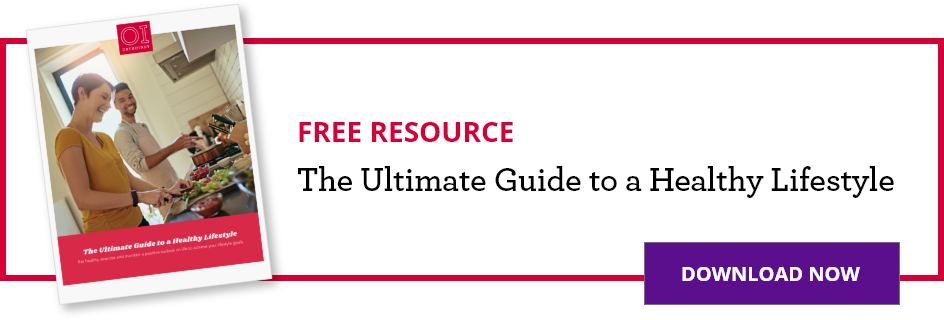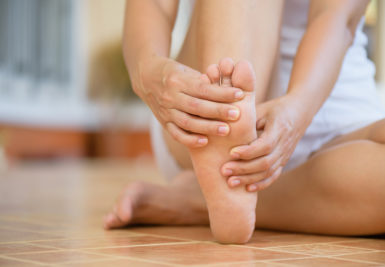THIS POST IS PART OF THE ULTIMATE GUIDE TO A HEALTHY LIFESTYLE
What is a plant-based diet?
Plant-based diets are gaining popularity due to their proven health benefits such as reducing the risk of obesity, heart disease, high blood pressure, high cholesterol, diabetes and cancer. A plant-based diet is exactly what it sounds like: a diet that focuses on foods that are made from plants. This includes foods like fruits, vegetables, nuts, seeds, whole grains, oils, beans and legumes.
This eating style encourages increased intake of whole, fresh foods rather than refined and processed foods.
It does not necessarily mean that someone has to eliminate meat from their diet; it just means that animal-based foods should be replaced with plant-based foods. However, people who follow a plant-based diet may also be following some type of vegetarian diet.
What are the types of vegetarian diets?
There are many types of vegetarian diets ranging from lacto-ovo-vegetarian (the most common) where eggs and dairy are included, to a vegan diet where all animal products such as egg, dairy and honey, are eliminated.
Research has shown that people who are vegetarian have improved health and reduced risk for chronic diseases compared to those who consume a more Westernized eating pattern, which is typically higher in saturated fat, sodium and cholesterol. This may be due to the fact that vegetarians are choosing more plant-based foods over animal-based foods.
However, just because someone excludes animal products from their diet, does not necessarily mean they are “healthier.” Animal products such as chicken, pork, lean beef, fish, eggs or dairy are great sources of protein, B vitamins, iron and many other minerals, and should be incorporated into a healthy lifestyle on a daily basis.

Do I need to supplement any nutrients?
A common misconception surrounding plant-based diets is that you will not get the nutrients you need from your diet alone. If planned correctly, a plant-based diet can be very healthful and nutritionally adequate. Plant-based foods contain a wide range of nutrients that can help you reach your recommended dietary allowance (RDA) for the day.
There are many plant-based foods that are also a great source of protein. Legumes such as beans and lentils, nuts, seeds, whole grains and soy products such as soy milk or tofu, are all great sources of protein. These can provide you with all the essential amino acids you need, as long as your caloric needs are met as well.
Calcium and vitamin D, which are two nutrients important for bone health, are also commonly associated with animal-based foods. These nutrients can be found in kale, broccoli, butternut squash, almonds, bok choy and calcium-fortified foods.
One exception would be if you are following a vegan diet pattern and do not consume any animal products, in which case you may need to supplement with vitamin B12. Vitamin B12 is a nutrient that is essential for red blood cell formation, neurological function and DNA synthesis and is not found in plant foods.
The RDA for vitamin B12 for generally healthy adults is 2.4 mcg. Vegetarians who consume adequate milk and egg products may not need to supplement with vitamin B12 but should still get screened regularly to rule out any deficiencies.
What are the benefits of following a plant-based diet?
Research shows that this eating pattern is associated with lower body mass index and reduced risk for heart disease, high blood pressure, high cholesterol, type 2 diabetes and cancer. Not only is following a plant-based diet good for our bodies, but it is also good for the environment because it produces much less greenhouse gas emissions, pollution and environmental degradation.
Tips to incorporate more plant-based foods into your diet
- Increase your intake of vegetables. Start by filling half of your plate with vegetables. Try to incorporate a variety of colors (red, orange, yellow, green, blue, purple) for a wider range of nutrients.
- Decrease your intake of processed foods. Choose more whole, fresh foods and reduce your intake of packaged, processed items. These tend to be higher in sodium, fat and added sugar.
- Change your perception of meat. Reduce your portion sizes of the meats you choose. Think of it as a side dish rather than the main entrée.
- Try “Meatless Mondays.” Expand your horizons and try cooking a vegetarian dish at least once per week. Utilize beans, whole grains and vegetables as your main entrée.
- Change your perception of fats. Fats like mono and polyunsaturated fatty acids are good for your heart health. Try to choose foods with good fats in them like olive oil, olives, nuts and nut butters, seeds and avocados.
- Start the day right. Choose more whole grains for breakfast such as oatmeal, quinoa, barley or buckwheat. Add cinnamon, nuts, seeds or fresh fruit for extra flavor.
A day in the life of a plant-based consumer
Breakfast: Rolled oats with pecans, cinnamon, nutmeg and sliced banana or whole wheat breakfast wrap with scrambled eggs, black beans, sautéed peppers and onions and fresh salsa Snack: Apple slices or celery with peanut butter
Lunch: Mediterranean salad with tomatoes, cucumbers, onions, olives, chickpeas and feta cheese with a side of whole wheat pita bread and tomato basil soup
Snack: Greek yogurt with granola or lightly- buttered popcorn
Dinner: Vegetarian six-bean chili with whole wheat tortilla chips or grilled vegetable kabobs with tofu, zucchini, tomatoes and onion with
a side of quinoa salad
LEARN MORE TIPS FOR LIVING AN ACTIVE AND NUTRITIOUS LIFESTYLE
Schedule an appointment
Your well-being is important to us. Click the button below or call us to schedule an appointment with one of our orthopedic specialists. If your injury or condition is recent, you can walk right into one of our OrthoIndy Urgent Care locations for immediate care. For rehabilitation and physical therapy, no referral is needed to see one of our physical therapists.





